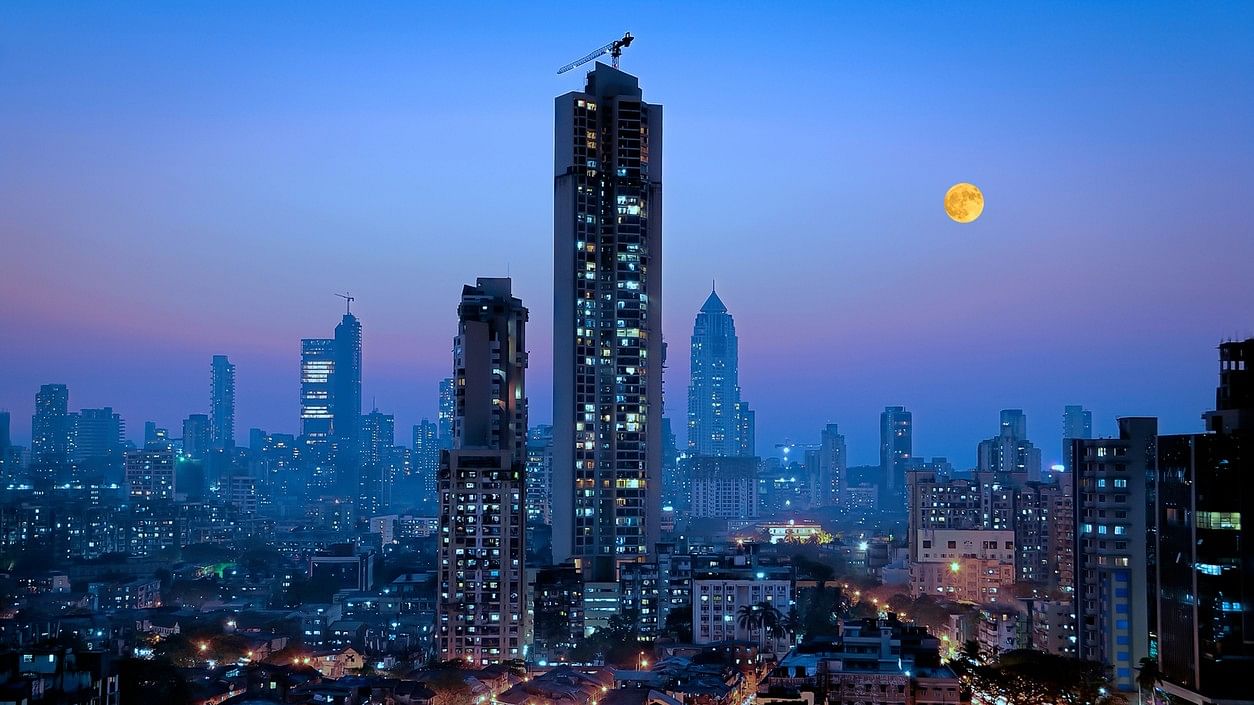
A view of south central Mumbai.
Credit: iStock Photo
New Delhi: India is undertaking the largest planned urbanisation programme in the world, Union minister Hardeep Singh Puri said on Thursday.
The total investments for urban development since 2014 have risen 10 folds to more than Rs 18 lakh crore in comparison to the previous 10-year period, the Union housing and urban affairs minister said at the launch of CITIIS 2.0 -- the City Investments To Innovate, Integrate and Sustain challenge.
According to the ministry, the challenge is a significant step in the direction of achieving India's commitments to combating the challenges posed by climate change.
The minister also highlighted the central government's increased focus on the growth and development of urban areas in the country.
Speaking about the efforts towards achieving a circular economy in the country's urban areas, Puri said that under the Swachh Bharat Mission (SBM), the government has set up 112 biomethanation plants, 2,391 waste-to-compost plants, 55 waste-to-energy plants, 2,281 material recovery facilities, 972 construction and demolition waste management plants, and 335 solid and liquid resource management plants.
The Atal Mission for Rejuvenation and Urban Transformation (AMRUT) and its second phase have made transformational progress in making cities water-secure, he said, adding that SBM-Urban 2.0 will make cities garbage-free and remediate all legacy waste in the country.
The country is now undertaking the world's largest planned urbanisation programme, he said and mentioned the 10-fold increase in the investment for urban development since 2014.
The BJP-led National Democratic Alliance (NDA) has been in power since 2014, while the Congress-led United Progressive Alliance (UPA) ruled the country between 2004 and 2014.
In its statement, the ministry said that at the UN Climate Change Conference in Glasgow (COP26) in November 2021, Prime Minister Narendra Modi presented India's five-point climate pledges - "panchamrit" - including achieving the target of net zero emissions by 2070.
Furthering this vision, the ministry has also undertaken various measures to address climate change through its ongoing missions, including the Smart Cities Mission, Swachh Bharat Mission and AMRUT.
CITIIS 2.0 envisages to supplement such climate initiatives through its unique model of action at all levels of government.